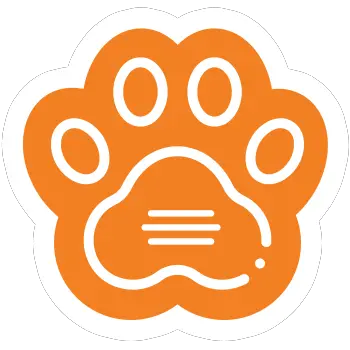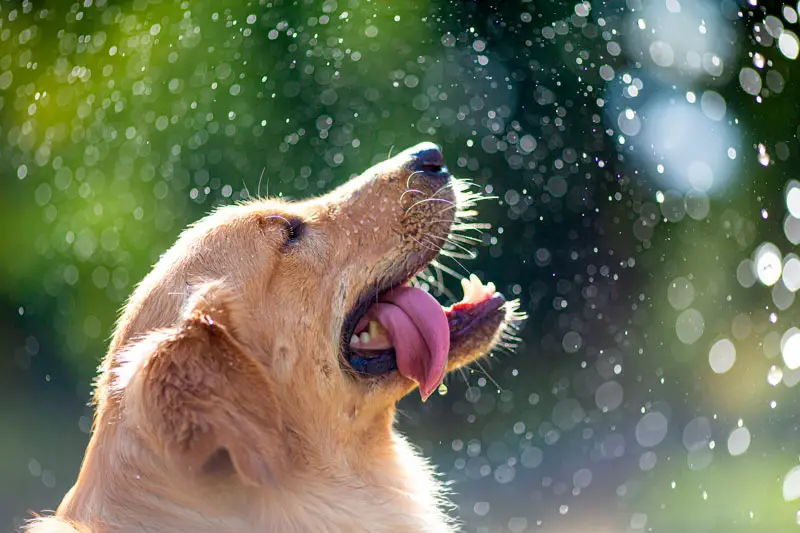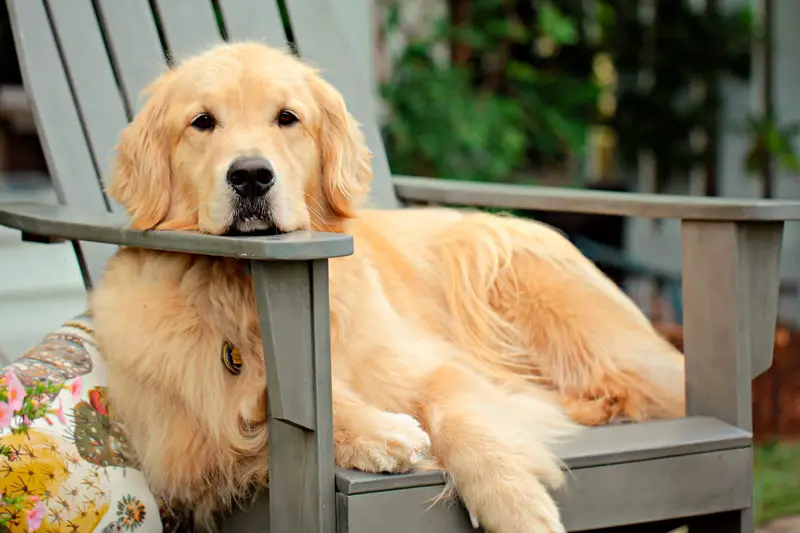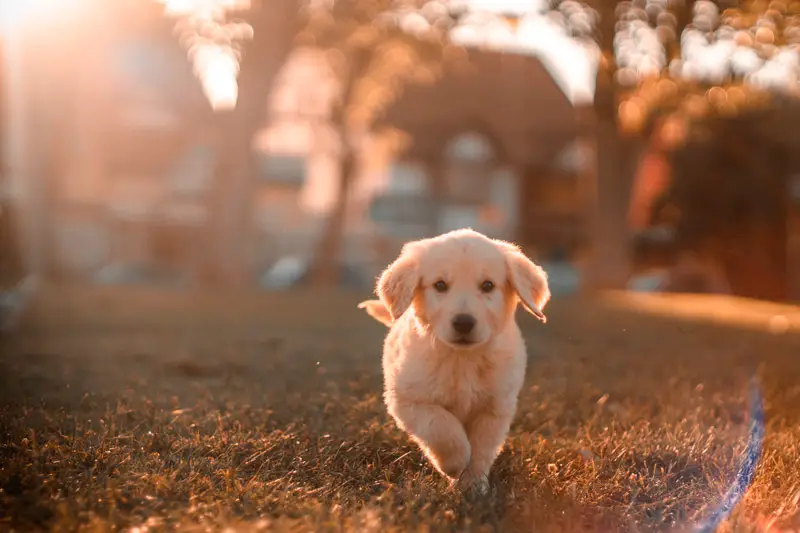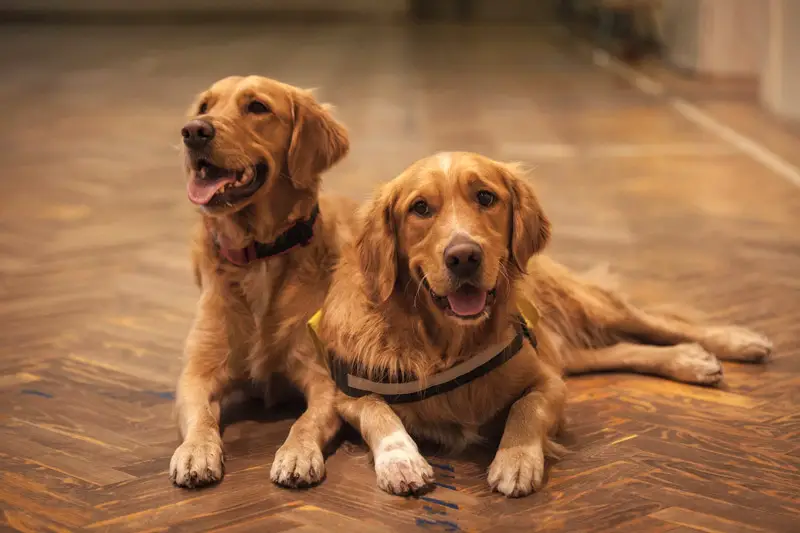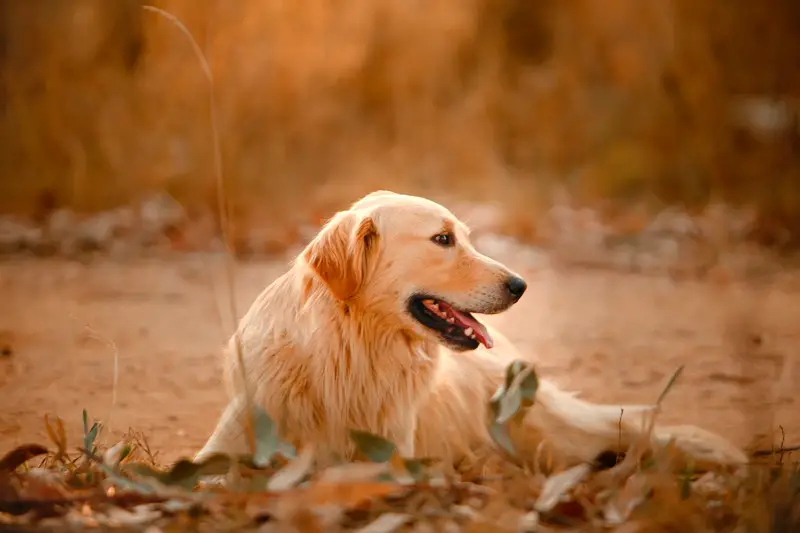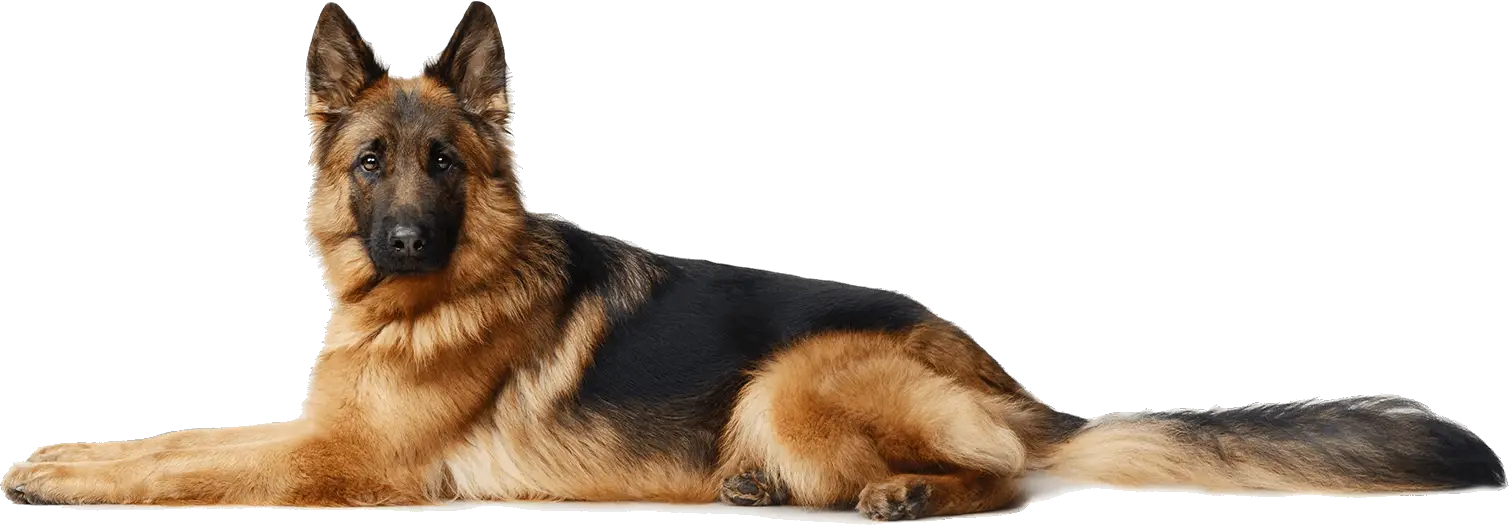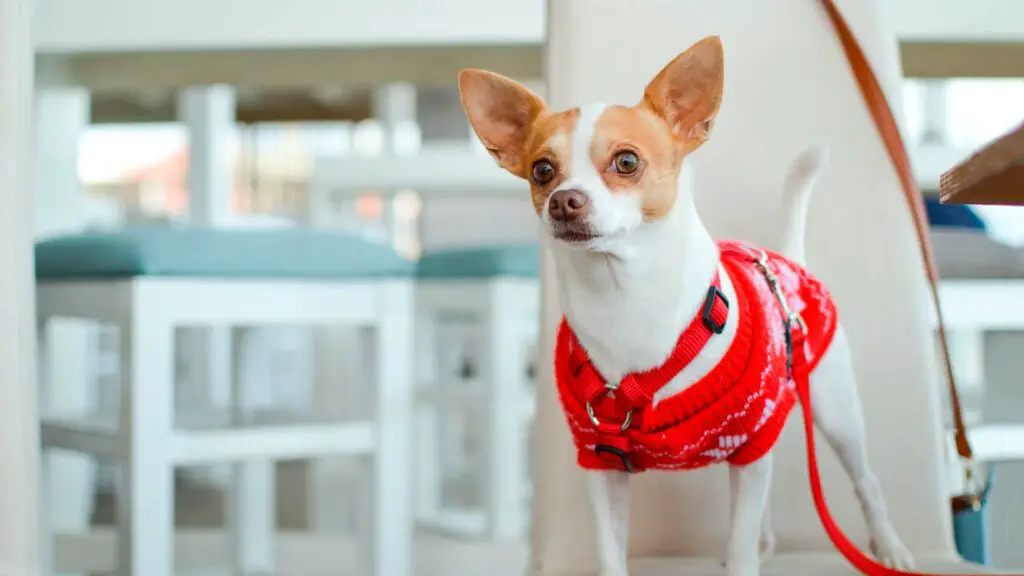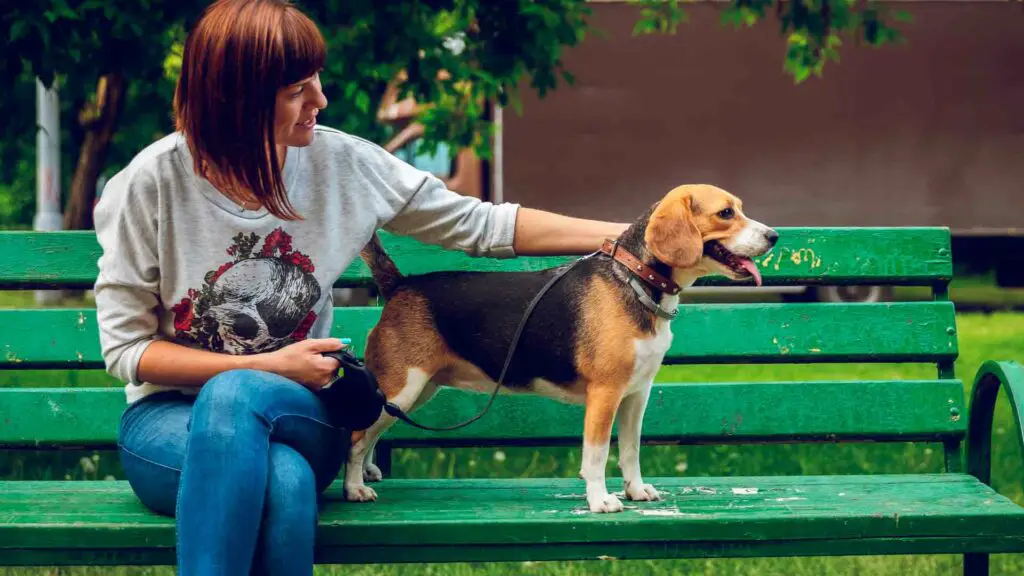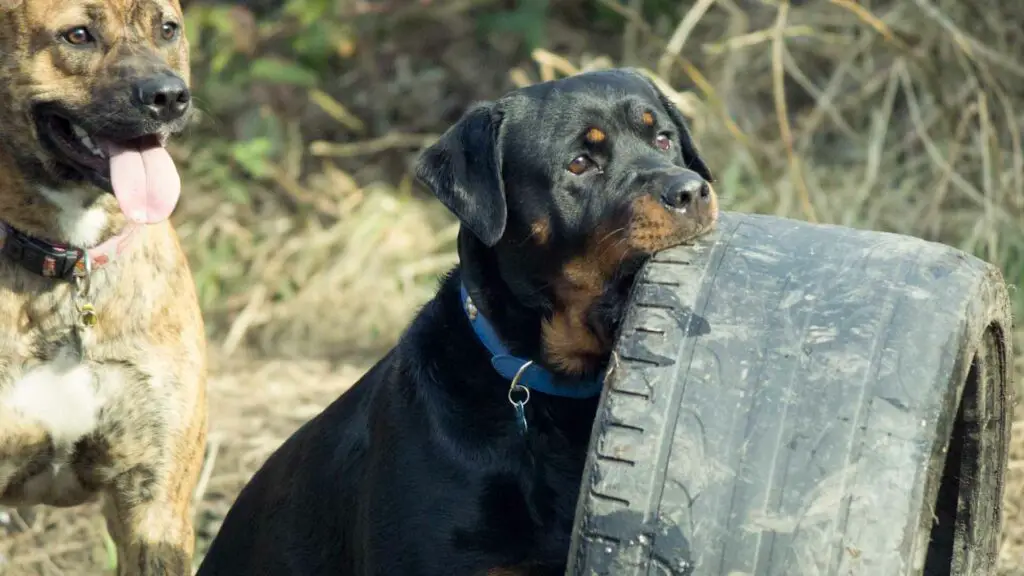So you want to learn how to train your Golden Retriever? Using my expertise as a professional dog trainer, I’ve compiled the top things you need to know to train your new puppy with ease.
Read on to find out more!
Originally bred to retrieve shot waterfowl by hunters (hint: that’s how they got their name), Golden Retrievers are highly trainable. Lovable, friendly, and eager to please, you and your golden puppy are about to begin the adventure of a lifetime.
I’ve been helping pet parents train their Goldens for years, and the #1 mistake I see is an assumption that their puppy will essentially “train itself.”
Golden Retrievers are notoriously jovial and well-behaved, but they require your assistance to get there, which begins with proper puppy training from day one.
Wondering when to start training?
If you got your dog from a reputable breeder, hopefully, they started training before you picked them up with things like mild crate and potty training and correcting behaviors. If you got your pup from a shelter or rescue facility, this might not be the case.
Either way, it’s important to note that dogs should not be separated from their mother and littermates until at the very least 7-8 weeks of age, ideally after three months old. Personally, I say the later, the better.
Give your puppy their best chance at happiness by allowing them to spend those full 8 weeks with their biological family. They’ll still bond to you quickly once you bring them home, and you’ll be ensuring you don’t have to deal with any behavioral issues down the road.

